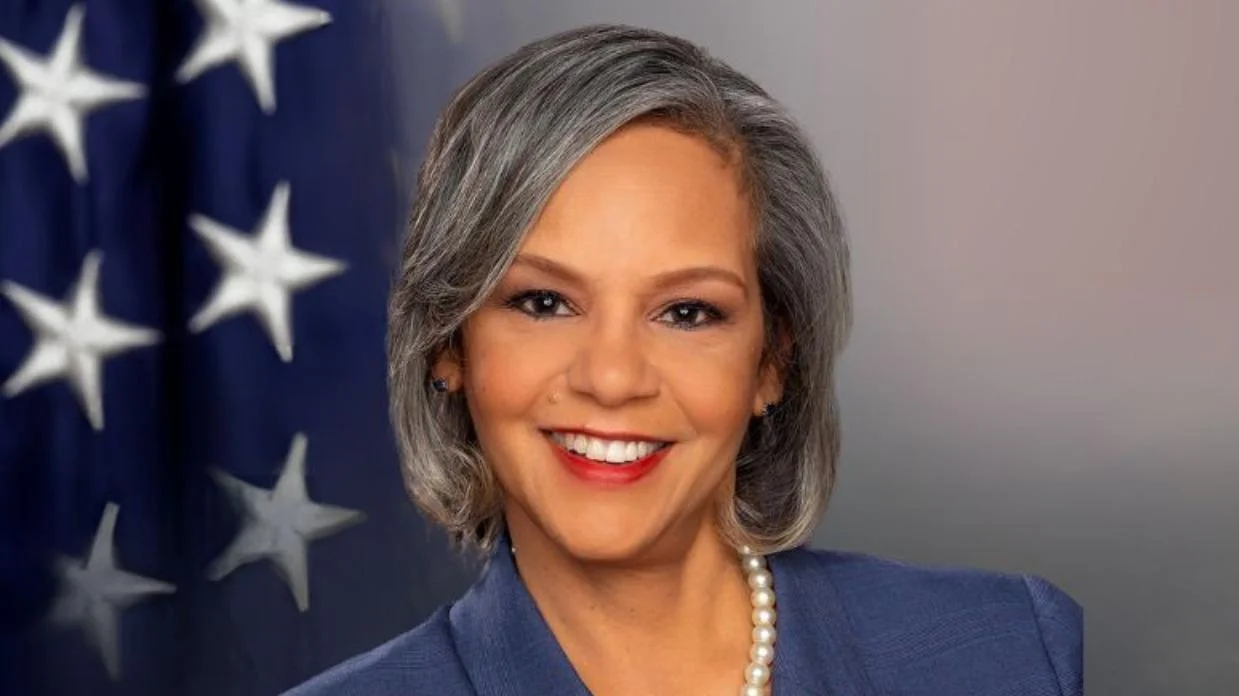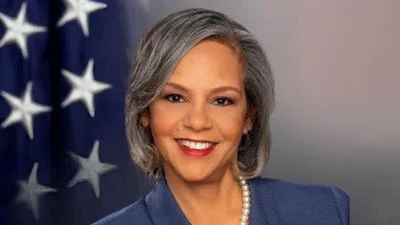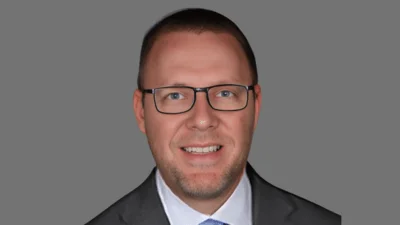Robin Kelly, U.S. Representative of Illinois's 2nd congressional district | Facebook
Robin Kelly, U.S. Representative of Illinois's 2nd congressional district | Facebook
U.S. Representative Robin Kelly, who has consistently won re-election by wide margins in Illinois’ 2nd Congressional District, used her social media platform on October 6, 2025, to criticize recent federal actions in Chicago and address concerns of local families and immigrant communities.
In a post from the early morning of October 6, Kelly wrote: "Today I hosted a press conference demanding justice for communities menaced by Trump’s ICE, his government shutdown, and his deployment of the National Guard—all designed to spread fear and chaos in our city." [October 6, 2025].
Later that day, she commented on the broader political climate: "Republicans chose chaos over solutions. They shut down the government and spread lies about immigrants to distract from the truth.
I want what families in my district want—affordable health care for every American and a government that works for the people." [October 6, 2025].
By evening, Kelly described her participation in community activism: "Yesterday, I stood with our South Shore and immigrant communities to tell ICE to get the hell out of our city.
President Trump is ordering 300 National Guard troops into Chicago to help ICE agents terrorize immigrant families. This is not the America I know." [October 6, 2025].
Robin Kelly has represented Illinois’ 2nd Congressional District since winning a special election in 2013. She has maintained strong electoral support over multiple cycles; most recently in 2022 she defeated Thomas Lynch with more than two-thirds of the vote. In previous elections against Theresa Raborn (2020), David Merkle (2018), John Morrow (2016), and Eric Wallace (2014), Kelly also secured decisive victories each time.
Her latest statements reflect ongoing tensions surrounding immigration enforcement policies under former President Donald Trump’s administration as well as concerns about federal interventions in major cities like Chicago.





 Alerts Sign-up
Alerts Sign-up